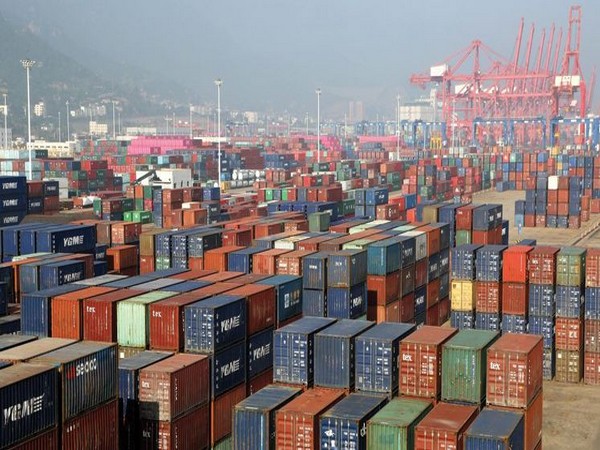The rating agency does not foresee any near-term impact on the credit quality of India Inc. either….reports Asian Lite News
Recent political developments in Bangladesh haven’t had a significant impact on India’s trade and going forward, the effect will vary based on industry or sector-specific nuances and their trade exposure, asserted Crisil Ratings.
The rating agency does not foresee any near-term impact on the credit quality of India Inc. either.
However, it believes a prolonged disruption can affect the revenue profiles and working capital cycles of some export-oriented industries for which Bangladesh is either a demand centre or a production hub. That, and the movement in the Bangladeshi currency taka, will bear watching.
Sectors such as cotton yarn, power, footwear, soft luggage, and fast-moving consumer goods (FMCG) may see a small but manageable negative impact while ship-breaking, jute, and readymade garments should benefit. For most others, the impact will be insignificant.
India’s trade with Bangladesh is relatively low, accounting for 2.5 per cent of its total exports and 0.3 per cent of total imports last financial year. Merchandise exports mainly comprise cotton and cotton yarn, petroleum products, and electric energy, while imports largely consist of vegetable fat oils, marine products and apparel.
For cotton yarn players, Bangladesh accounts for 8-10 per cent of sales, so the revenue profile of major exporters could be affected.
“Their ability to compensate sales in other geographies will be an important monitorable,” Crisil said.
Companies into footwear, FMCG and soft luggage could also see some impact because of manufacturing facilities located in Bangladesh.
“These facilities faced operational challenges during the initial phase of the crisis. However, most have since commenced operations, though a full ramp-up and the ability to maintain their supply chain will be critical,” said the rating agency.
Engineering, procurement and construction companies engaged in power and other projects in Bangladesh could see execution delays this financial year as a sizeable portion of their workforce has been recalled to India for almost a month now. With only a gradual ramp-up in workforce expected, revenue could be lower this fiscal compared with earlier expectations, the rating agency asserted.
CRISIL Ratings said it will monitor the situation closely and keep assessing the impact on credit quality. (ANI)
ALSO READ: Bangladesh police arrest advocacy group leader Kabir














